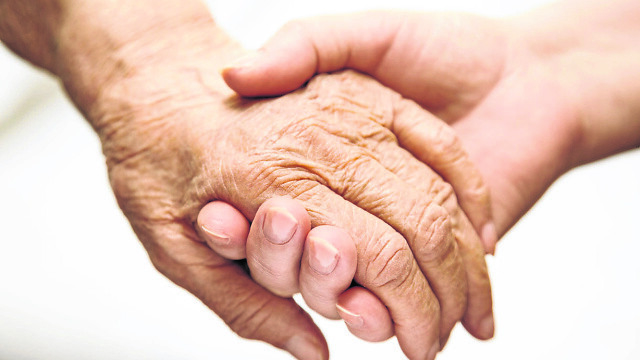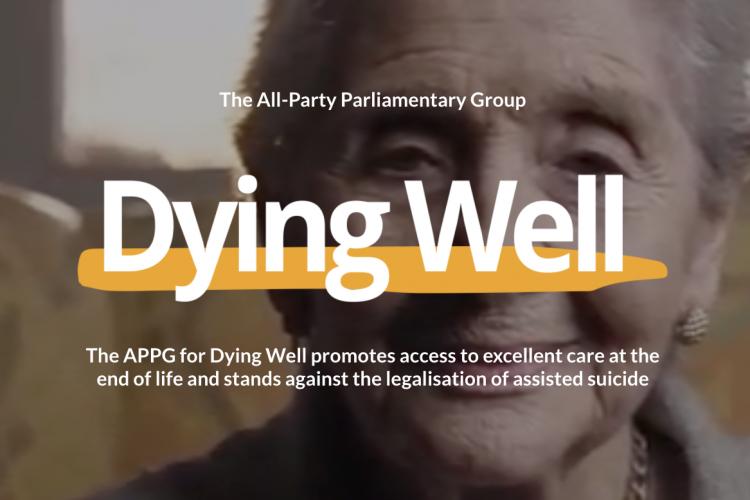Backed by Marie Curie, Hospice UK, Sue Ryder, Together for Short Lives and Alzheimer's Society, the eminent palliative care physician (and peer) Professor Ilora Finlay had pressed for an amendment to the major Government bill which would, beneath:
An integrated care board must arrange for the provision of the following to such extent as it considers necessary to meet the reasonable requirements of the people for whom it has responsibility—
Have added:
specialist multi-professional palliative care services [which]… must include the provision of—
(a) specialist support in every setting, including private homes, care homes, hospitals, hospices and other community settings, working with local clinical teams,
(b) specialist level in-patient palliative care beds when required, including admission on an urgent basis,
(c) specialist palliative care advice, available at all times of day every day, to support health and social care professionals who are providing care to the person and their family,
(d) support to ensure the right, skilled workforce, equipment and medication is available to deliver this care,
(e) a point of contact, available for people with palliative care needs if their usual source of support is not accessible,
(f) appropriate systems to share information about the person's needs with all professionals involved in their care, provided they give consent for this,
(g) support to ensure patients and their families are able to have open conversations about what matters to them,
(h) support for the education and training of the health and social care workforce, and
(i) support to enable staff to participate in relevant research and disseminate evidence-based innovations in palliative care."
One of the aforementioned charities, Marie Curie, has released new data alongside the announcement showing that around 215,000 people a year currently miss out on end-of-life care and without intervention this could rise to 300,000 in under 20 years.
Baroness Finlay had told the Lords:
"This is about specialist clinical services. General basic palliative care should be a skill of every clinician. But, until it is recognised as a core specialty, generic services will continue to view it as an extra and learning will not be integrated across all areas. Educating and training are crucial duties in upskilling others. In the pandemic, palliative care has been propelled centre stage as a driver of good practice. Specialist palliative care is a relatively new specialty, which is why it was not included in the early NHS legislation. The other truth, that everybody is born, was recognised by requiring every part of the UK to have maternity service."
"In some areas great, innovative integration with community social care is happening. But other areas of enormous need are left with almost no service, or no service at all. Now we depend on fundraising events for people to get expert support for pain and other symptoms, and for psychosocial distress. No one would advocate to have a cake sale so that a woman in obstructed labour can have a caesarean section, so why turn a blind eye to ways to improve the quality of life of those with serious and life-threatening illnesses and support their families? Debate in the other place suggested that palliative care is aftercare; it is not. It is not an add-on just before death. It must be an integral part of care so that problems are dealt with in a timely way, not left to escalate into a crisis."
A spokeswoman for the Department for Health and Social Care told The Times:
"Palliative care is essential to support people at the end of their lives, which is why we have tabled an amendment to make clear that integrated care boards are responsible for commissioning palliative and end-of-life care services. We pay tribute to the campaigning work of Baroness Finlay on this subject over many years, and are grateful for her collaboration on this issue."
Baroness Finlay responded:
"This change is incredibly important. For the first time the NHS will be required to make sure that there are services to meet the palliative care needs of everyone for whom they have responsibility in an area. People need help early, when they need it, seven days a week — disease does not respect the clock or the calendar."
Image © Avansa regio Gent vzw / Creative Commons License 2.0










